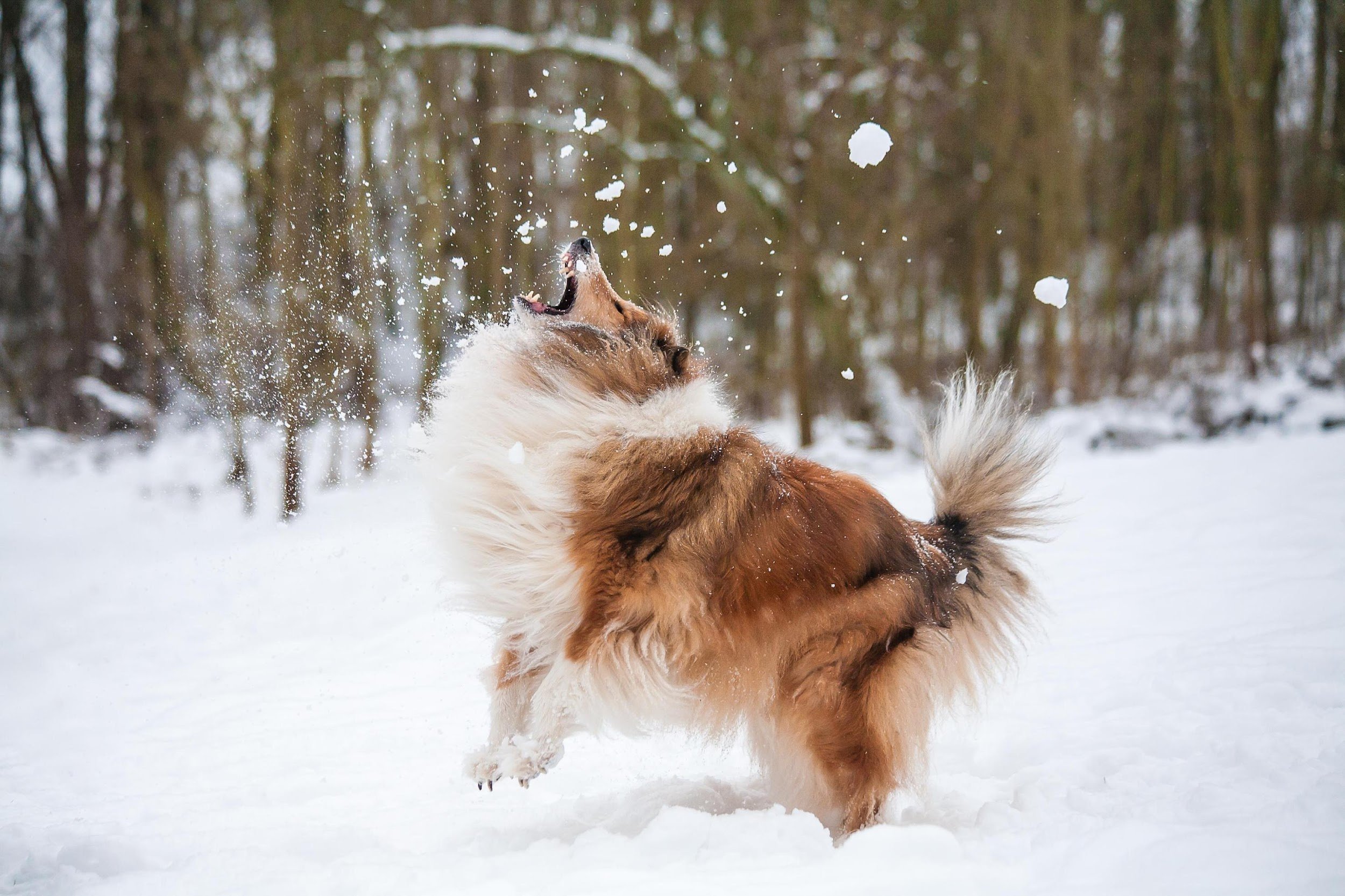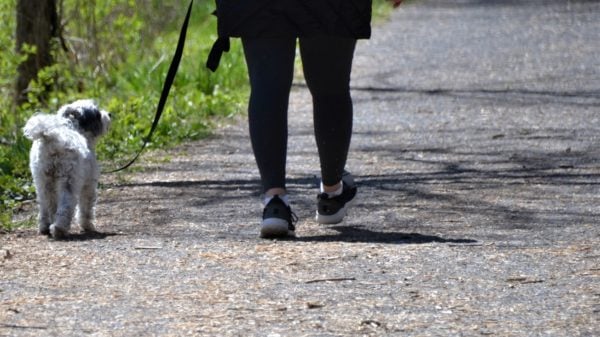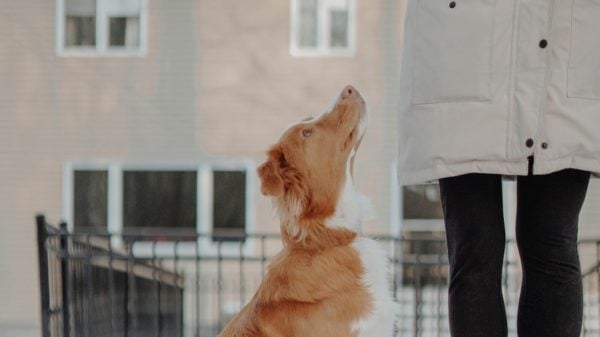Winter weather affects everyone, and our dogs are no exception. Of course, some dog breeds, like Huskies and German Shepherds, handle the winter weather better than most others. But remember, if it’s too cold for you, it’s probably unbearable for dogs as well! You can prepare your dog for the winter by following these cold weather tips.
Understand Your Dog
To prepare your dog properly for the winter, you need first to understand your dog. Breeds like Huskies, Alaskan Malamutes, and German Shepherds love the cold and can handle winter very well. Other breeds like Greyhounds, Pugs, and Chihuahuas don’t handle cold weather well at all. These breeds will need extra care and attention during the winter months.
Take some time and do some research about your specific dog breed, and you will be well prepared when the winter months come about.
Find A Warm, Cozy Place For Them To Sleep
Place your doggy bed in a place in your house that isn’t chilly and doesn’t have a draft going through it. Try and place something under the bed to keep the bed away from the cold floor, making it as warm as possible.
A soft bed and a thick blanket are usually enough, but for really cold winters, consider getting your dog a heated mat or microwavable pad.
Let their Hair Grow
You should not shave your dog’s coat during the winter. Their thick coat and fur are essential to protect them from the cold. Dog breeds like Huskies have really thick coats that help them cope with the winter weather. If you have a short-haired dog breed, maybe get them a sweater or a jacket that covers their bodies from the base of their tails to their bellies.
Clean Up After Walks
Make sure you wash, clean, and dry your dog’s feet and bellies to get rid of ice, salt, and the chemicals that are used in deicing. If these chemicals aren’t cleaned and removed from their paws, your dogs could lick their paws and ingest these chemicals. Ingesting these chemicals can lead to a wide range of problems like dehydration and liver issues. You should especially look out for Antifreeze that is widely used during the winter weather. If dogs ingest it, it could cause kidney failure in your pets.
You should take extra care of your dog’s paws during the winter, as snow and ice can cause cuts and bruises. Check their paws for cuts regularly. If you do notice anything, treat them accordingly.
Winter Diet
In the cold winter weather, your pet dog will burn more calories in order to keep itself warm. Our dogs’ bodies, just like us humans, need more energy and burn up extra calories to regulate temperatures during the cold. If your pet loves the outside and spends time outdoors a lot during the cold, you might have to increase their diet.
However, if your dog is now spending more time indoors, lying next to your warm fireplace, your dog might require less food during the winter.
Understand Warning Signs
Look up and research the warning signs of hypothermia and frostbite in dogs. Signs and symptoms of these include discoloration of the skin, blisters, skin ulcers, and the dog feeling pain when touched.
If you ever see any signs, even if you are unsure, take your dog to a warm place and contact your veterinarian immediately.































































